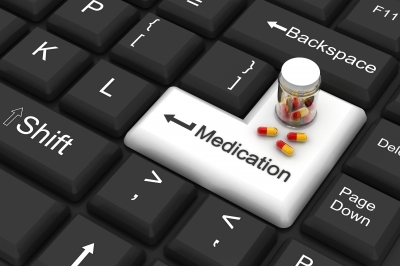Vlad Boscor, Young Voices Blogger
Globalization inevitably has its global winners and losers, and nowhere are they more apparent than in the healthcare sector. Developed countries have a huge advantage in healthcare access, modernity of treatment and diagnosis, and crisis management. By contrast, in developing countries, where health concerns are more pressing and prevalent, an estimated 40 percent of healthcare equipment is out of date. In order to deal with this problem, policy makers should put great emphasis on the development of E-Health and frugal technologies.
E-Health is the term given for electronic health, where modern technology is used in sectors such as emergency care, general primary care, diagnosis, treatment (among others). Many studies have found that these innovations can effectively improve communications between institutions, assist in ordering and managing medications, and monitor and detect patients who need care. A subset of E-Health is called M-Health, where mobile and wireless technologies are used to improve the health conditions of a region or country. The use of emergency telephone services and electronic patient records, for example, greatly improve developing countries’ capabilities to prevent health problems as well as deal with crises (e.g. disease outbreaks). Mobile networks can be utilized to identify regions where an outbreak has happened, and this would help prevent the outbreak from spreading. Digital data storage can be used to store patient records, and digital communications tools can be utilized to contact experts and consult research and diagnostic databases.
These technologies do not have to be expensive; indeed, companies and individuals alike have developed so-called “frugal” technologies: cost-effective alternatives that are more accessible to developing countries. Some recent examples include Sana (open source software system designed by Harvard and MIT that India is using for cancer diagnosis), Solar Clave (solar powered medical instrument sanitizer), mPedigree (drug verification service with SMS). Some reports, such as the NGO Unite for Sight, have demonstrated the benefits of these cost-effective methods. The frugal technologies encourage public-private partnerships, and sustain government support and availability of venture capital. Most importantly, these low-cost methods can be used by individuals in developing countries, and in some cases, be designed, developed and manufactured locally.
Given the benefits of these emerging technologies, they should be a priority of the 21st century. It is time for policy makers to put an emphasis on these technologies, and make their use a larger part of the public discourse and political dialogue. If the proper steps are taken in investing in this sector, greater economic and health returns will be sure to follow in the long run.

